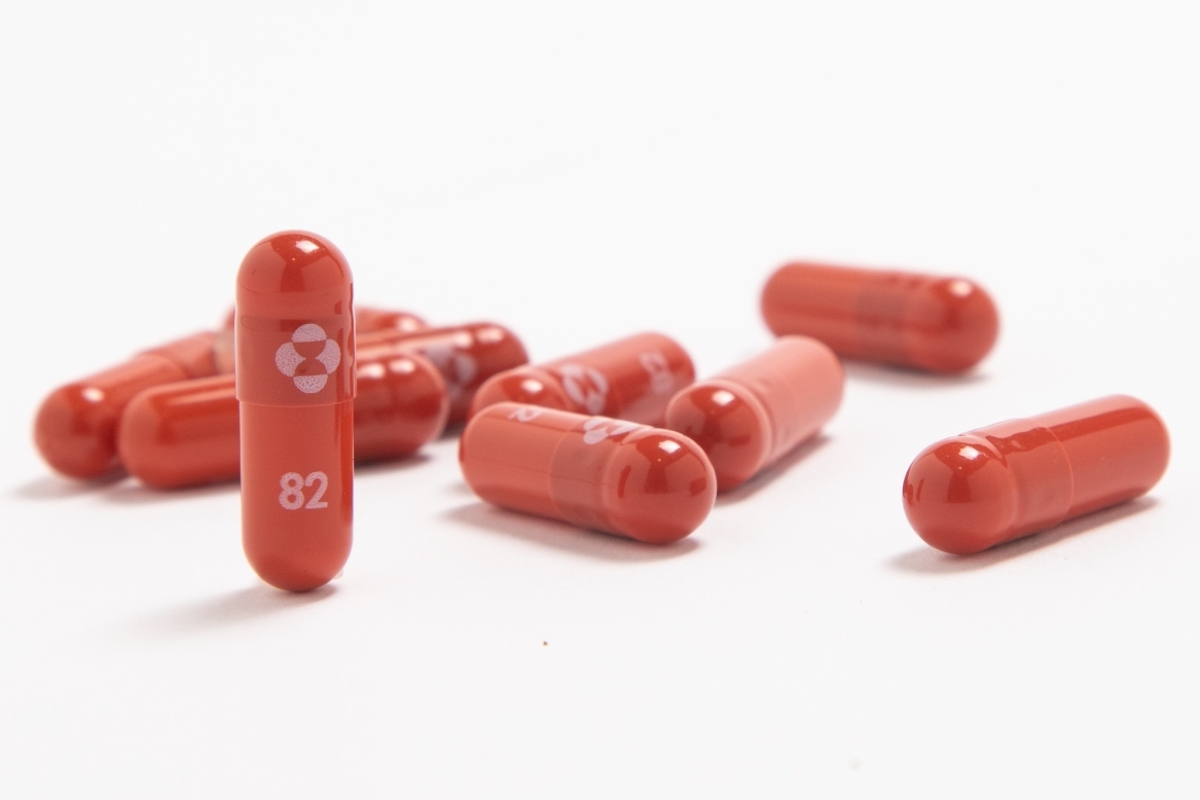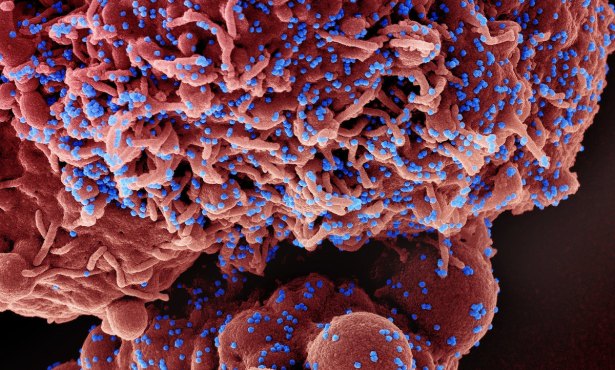A New Weapon Against Coronavirus?
Merck Announces Successful Trial of a Pill to Combat COVID-19

A drug in clinical trials has proved so successful against COVID-19 that manufacturer Merck & Company is planning to apply soon to the Food and Drug Administration for an emergency use authorization.
Already, the United States has options for 1.7 million courses of the drug — molnupiravir — which comes in a pill, and the pharmaceutical giant states it can supply 10 million doses by year’s end. Merck’s announcement added that it had licensed the drug with generic manufacturers so it becomes available sooner in low- and middle-income countries once authorized. Dr. David Fisk of Sansum Clinic told the Independent, “A lot remains to be learned from the current trial they’re announcing, but this is certainly welcome news with encouraging early data.”

Results from 775 people involved in the trial, which started August 5, were announced by Merck on October 1. Participants had to be in their first five days of mild to moderate COVID symptoms, were unvaccinated, and were given either pills containing the drug or placebo pills. In the first 29 days, half as many in the molnupiravir group were hospitalized or died, compared to the placebo group — 7.3 percent compared to 14.1 percent. Further, eight deaths occurred in the placebo group, and none in the molnupiravir group, which prompted independent monitors to advise halting the trial.
“From a statistics standpoint, the study was pretty robust,” Dr. Fisk said, who is an infectious disease specialist. He noted that the full trial was close to 1,500 people and that the final data collected had yet to be released. “One big unknown is the fraction of the group that had the Delta variant.” He said he was taking the news with a grain of salt but expressed confidence in the monitoring group’s due diligence. “We have to assume that the Data Safety Monitoring Board, which stopped the trial, looked and saw a good effect with Delta.”
Sign up for Indy Today to receive fresh news from Independent.com, in your inbox, every morning.
The trials were carried out in the four corners of the globe — the Americas, Europe, North Africa, and the Philippines — and 40 percent of the participants had Delta, Gamma, or Mu variants, while all patients had at least one underlying risk factor, such as diabetes, older age, heart disease, or obesity, which have contributed to negative outcomes.
Asked if this new pill could be a benefit for the vaccine hesitant, Dr. Fisk said it was no replacement for a vaccine. “The vaccine is extraordinarily effective in preventing people from getting COVID,” he asserted. “If for some reason someone gets COVID, whether vaccinated or not, this is an encouraging development, although it’s still very preliminary. But the best way to prevent an infection is to not get it in the first place,” he iterated.
Merck’s announcement was not new news for Dr. Fisk. They’d been looking at a molnupiravir pill as a prophylactic to take after exposure, he said. Also released recently was a completed trial by drug manufacturer Regeneron of its monoclonal antibody medication, which is given intravenously, he said, calling the data “very compelling” and showing a 71 percent reduction of hospitalization or death. Regeneron’s treatment is intended to be given to patients before they became extremely ill and needed hospitalization or a ventilator, similar to the new Merck pill.
“We need more tools to fight COVID,” Dr. Fisk said, “and hopefully this one will turn out to be safe and beneficial.”
Support the Santa Barbara Independent through a long-term or a single contribution.



You must be logged in to post a comment.